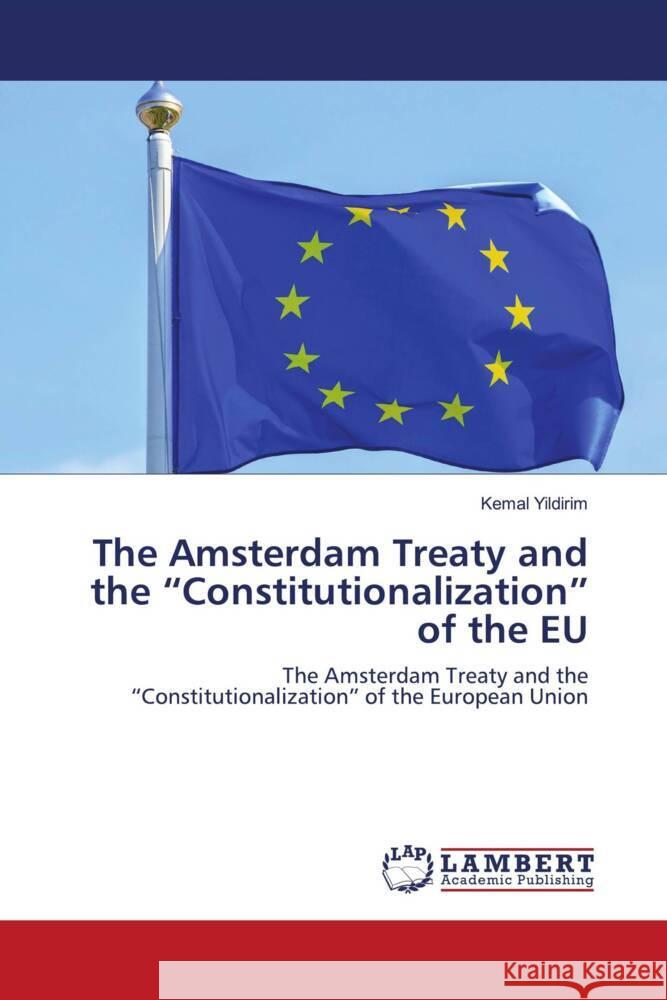The Amsterdam Treaty and the "Constitutionalization" of the EU » książka
The Amsterdam Treaty and the "Constitutionalization" of the EU
ISBN-13: 9786203027464 / Angielski / Miękka / 152 str.
From the Treaty on European Union (1992) to the Treaty of Lisbon (2007), democracy became a central element in the constitutionalization of the European Union (EU). Over these twenty-five years the constitutionalization of democracy occurred in two primary respects. First, the controversy over the ratification of the TEU led to a series of treaty reforms to address the EU's "democratic deficit." These reforms culminated in the Lisbon Treaty (LT). Second, the EU made the transfer of democratic forms of rule to non-member states a key component of its membership policy. It is now the case that only democratic countries can be members of the Democratic Union. The constitutionalization of democracy is one of the most important transformations in the history of the European project. It is also one of the most significant experiments in democracy in world history. The democratic reform of internal governance and the creation of the democratic criterion for membership are two key aspects in the culmination of the transformation of the EU from an economic entity (albeit one with obvious political goals) to one with explicit democratic ends and means.











